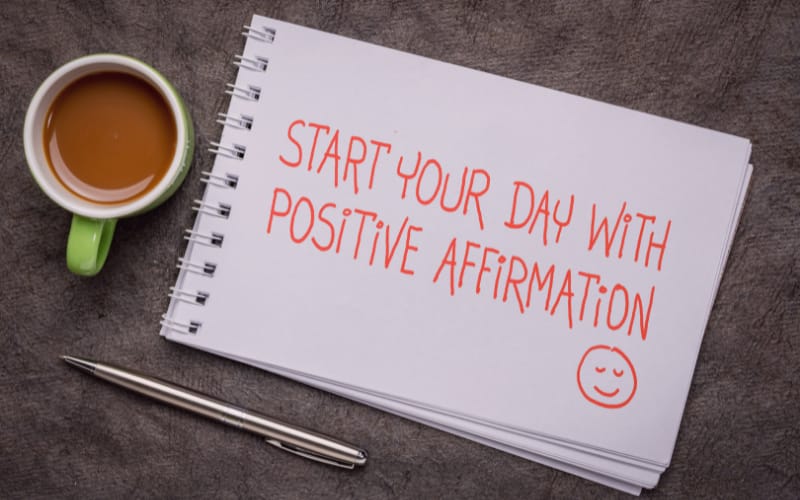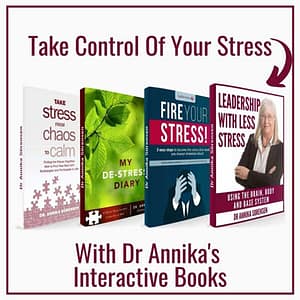I guess you are like most people – sometimes you feel at the top when you wake up in the morning – and sometimes you are on a low; which makes you often wonder: “How do I consistently stay at the top when I wake up and start my day positively?”
WAKING UP TIRED
You wake up tired, and your head feels heavy even if you have been sleeping, still your energy feels drained. And since we need energy in everything that we do, we feel unmotivated to move if not fueled enough with it, at the end affecting our mood.
OUR ENERGY
Talking about energy – we can’t buy it or get it from anybody else. We have to generate it ourselves through healthy living.
But how do we get enough energy?
Our sleep, what we eat, and believe it or not – our physical activity.
I know what you could possibly be thinking, that we lose energy after physical activity. And while that’s true that we get tired by working out hard, doing it correctly on the other hand builds up energy.
HOW TO GET IT RIGHT
Physical activity, when done correctly and in the right amount our body can handle, helps in building up our energy. We don’t have to do those hard workouts if we do not want to, but just simply “move our body”.
7 DIFFERENT OUTCOMES
Let’s take a look at the 7 possible different outcomes. The goal is to get you out of your couch potato mode and help you find a winning activity for a daily good mood and energy.
1.Sleep
Sleep is NOT a waste of time contrary to what some believe – it is the source of life. During sleep, we do the “housecleaning of the brain” so to speak. Memories get organized, waste products are washed out, and we get refreshed.
This also means that…
If the sleep is broken or interrupted, and not giving you the rest you really need, you will still end up waking tired.
Where does physical activity come in?
Exercising soon before bedtime disturbs the sleep hormone Melatonin, pumps our blood flow, and keeps the “alert hormones” pumping so we’re actually doing ourselves a disservice.
“What about night workouts then, is it time to say goodbye?”
Well, workouts are always better in the mornings – but if only nights work for you, at least make sure it’s not close to your bedtime.
Tip: Slow movements like evening outdoor walks help in slowing down your system and prepare you to sleep, and starting a day with either a hard workout, a brisk walk, or yoga meditation helps in setting out a good day.
2. SELF-ESTEEM
Okay, relevance?
With low self-esteem, physical activities feel hard, to begin with. It can make you feel as if every movement you make is awkward – even if it’s not.
Until you finally decide to try THAT ONE TIME, and you feel great and proud of it. You can’t explain why, but it makes it possible to think of doing it again because it made you feel good for some reason.
It does so because the regular moving of your body rewires your brain’s perception of self-confidence and respect – and you now know you are capable.
So in the end – your chosen physical activity has helped your self-belief and you have grown in the eyes yourself, and if you look back, you’ll realize that that one move you were not so confident to take before, now’s actually a part of your daily routine. Congratulations!
3. Better Focus and Memory
Now that you have boosted your self-esteem, we can see other good effects of moving your body like helping your memory and focus, all because of the endorphins released that boost your mood and sharpens your mind.
Together with the improved sleeping and lowered stress that comes with physical activity, we get all these fantastic benefits!
4. DAILY ENERGY INCREASE
As we started off to tell – “WE” are energy. And that energy can become stagnant if we just sit still, so we need to move to release the energy to make us feel alive.
“How?”
Energy is created in our mitochondria – they are our power machine and they exist in ALL our cells. They work around the clock to help us stay alive – and they create, and create energy.
Tip: The mitochondria are dependent on food intake of good quality to function at its best – so beware of what you eat…
5. HIGHER STRESS RESILIENCE
Regular exercise lowers the cortisol levels in our blood, which is a great way to increase tolerance to our life stressors.
Exercise, even at low levels, releases chemicals in our muscles that signal our brain to change. These chemicals reduce anxiety and depression and boost moods.
Tip: If you know you get overwhelmed easily, regular exercise eventually makes lasting structural brain changes that make you more resilient.
6. MOVING AS MEDITATION
Fun fact… exercise can be a meditation in itself.
I talked last week about cleaning and textile work as meditation. This is in the same system. You might think of meditation as something you need to do very regulated – almost a bit secret. But it is not!
Meditation is basically “getting into the moment” – and can be done anywhere. Focusing on your breath is a central piece of meditation and that is what you can do when you do your chosen way of meditation.
7. LOWERS DEPRESSION
Exercising is proven to be as effective as antidepressant medications. When I am working in the health care clinic, I usually prescribe a 30-minute brisk walk to my patients as their first pill.
How does it work?
Well, exercise releases feel-good hormones (endorphins), and as they flow into our blood system in larger amounts while walking, it helps in suppressing our moody feeling and we feel positive.
SUMMARY
Physical activity has an immensely good effect on so many levels in our lives.
So, get out of bed, start building the new habit of starting the day with a brisk walk or any other physical activity, and your thinking, self-esteem, memory, mood, and sleep, and more will all win big time!
WHERE TO START
There is only one right time to start and that is NOW, so what are you waiting for….?
No matter your age, gender, color, or religion – it works the same for all of us.
The investment is in you – and it will benefit you until your last breath on earth. Live while you can!
Here’s another resource that can help you.
To your success and keep smiling,


